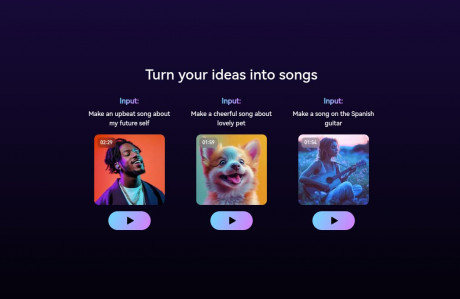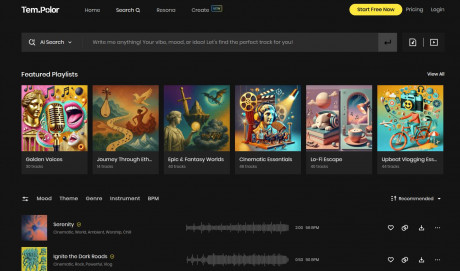Generative AI Music Companies Getting Sued
This piece of news nearly went past me.
Last month three big music companies — Sony Music, Warner Music Group, and Universal Music Group — sued AI music firms Suno and Udio, accusing them of massive copyright infringement.

Suno and Udio are leading players in generative AI music, able to produce complete songs. Udio has already generated a hit song, "BBL Drizzy," while Suno has raised $125 million since its December 2023 launch.
I haven't had the chance to try Suno yet, but have used Udio. Indeed, you can make amazing songs and background music with ease there.
The Gist of the Issue
Music companies claim that Suno and Udio copied their sound recordings to train AI models, producing music that competes with real recordings. The lawsuit says these AI firms used huge amounts of copyrighted data to create outputs mimicking genuine music.
The lawsuit aims to stop Suno and Udio from using copyrighted songs and seeks damages for past infringements. Udio did not comment, but Suno’s CEO, Mikey Shulman, defended their technology, saying it creates new music and doesn't copy existing content. He mentioned they tried to discuss this with the labels but were ignored.
The lawsuits include examples of AI-generated songs sounding like famous artists and tracks, arguing this is proof of using copyrighted material.
AI companies claim their training methods are protected by fair use, but the labels' lawyers argue this doesn't apply here. They believe fair use should promote human creativity, not machine-generated music.
Part of a Larger Problem
Udio and Suno have hired Latham & Watkins, the firm that also represents Open AI and Anthropic, to defend them against lawsuits.
These kinds of lawsuits are starting to pour in against AI startups of all kinds as content creators are waking up to the competition.
Recently Forbes has threatened Perplexity with legal action, which could potentially lead to a lawsuit if the issues are not resolved. Wired's investigation has uncovered Perplexity 's practices that could potentially lead to legal challenges, particularly regarding copyright infringement and violation of website terms of service.
The elephant in the room is - it looks like any AI has been trained on unlicenced content. And they're keeping at it, that's why some content creators and owners are trying to block AI bots accessing their websites.
But question then arises, not so much if AI was trained using the data, but is it processing and building upon it in a way that's not 'fair use' and what does 'fair use' even mean in the context of this new evolving tech? Because people also 'train' on existing data, all art is previous art re-imagined...
Read in-depth stories at:
Published: Jul 14, 2024 at 1:51 PM
Related Posts

Mureka O1 Drops and It’s Kinda Nuts
3 Apr 2025
